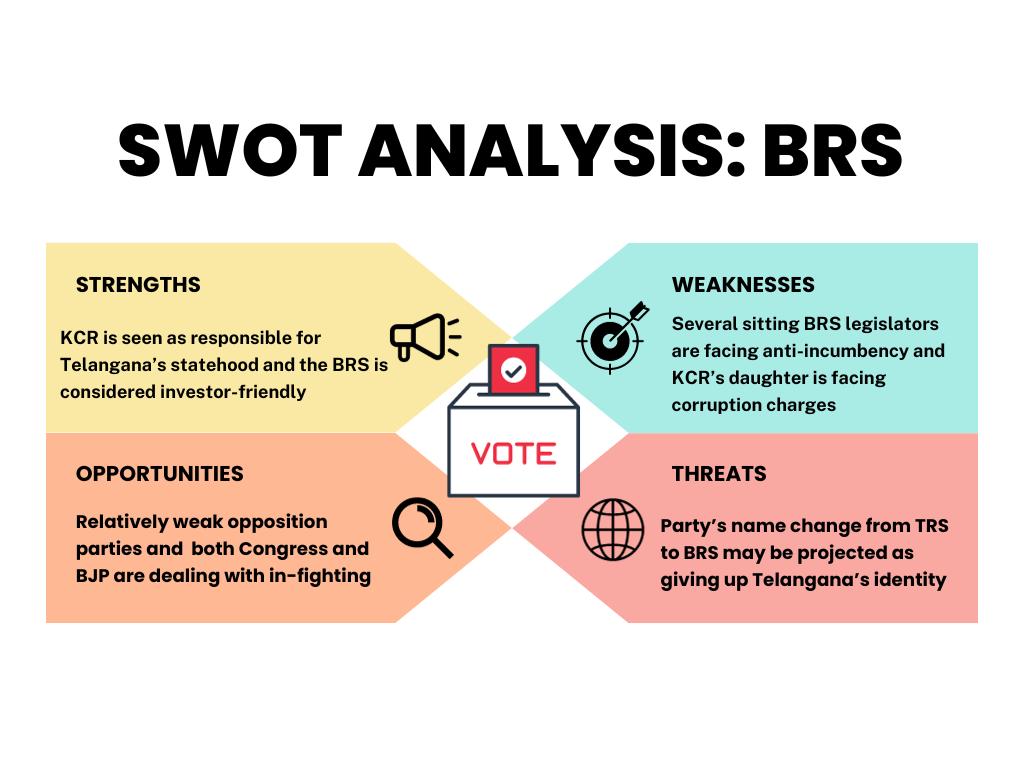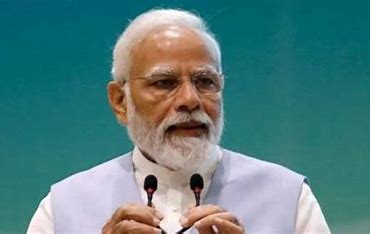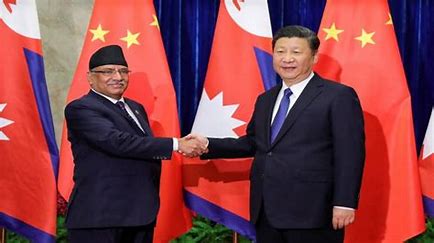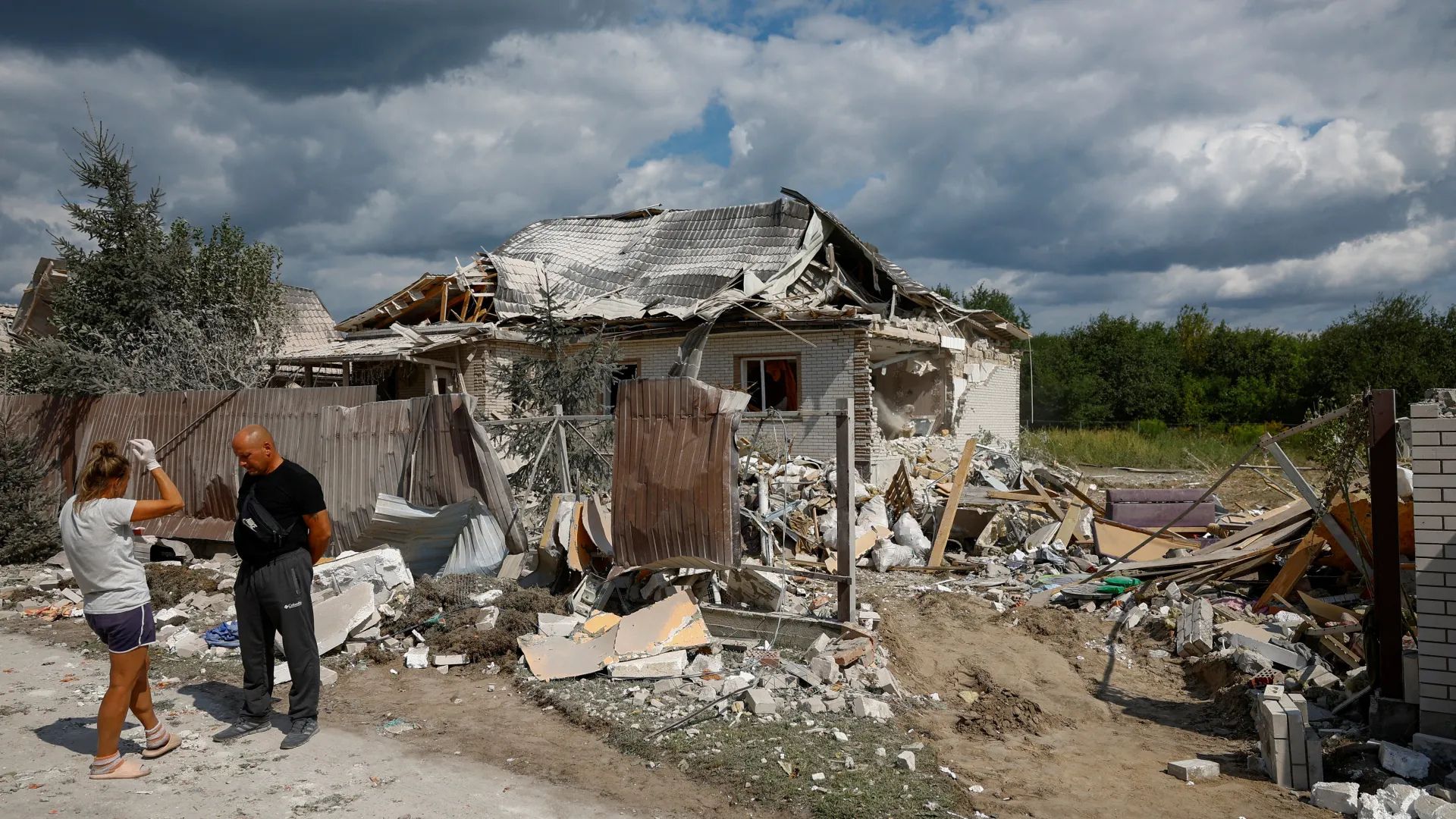
The announcement of the schedule for the forthcoming election to the Legislative Assembly by the Election Commission of India (ECI) is said to have come as a disappointment to the ruling Bharat Rashtra Samiti (BRS) Government.
The State Government reportedly contemplated holding a meeting of the Council of Ministers on 29 September to announce certain policy decisions relating to new schemes as well as expediting the implementation of the ongoing schemes. All the departments were sounded about the Cabinet meeting and were asked to come up with comprehensive reports on the status of implementation of schemes under their purview so that improvements could be made. However, the proposed Cabinet meeting could not take place as Chief Minister K Chandrasekhar Rao is reportedly indisposed.
The Model Code of Conduct has become operational immediately after the announcement of the election schedule on Monday preventing the Government from announcing new schemes or forward-looking statements.
Accordingly, the BRS will have to incorporate the proposed new schemes in its manifesto as it will not be in a position to announce any major schemes in the run-up to the elections. The Government announced several schemes like the Pay Revision Commission, 5% interim relief to the employees and the creation of the employees’ healthcare trust and orders were issued accordingly.
Officials are of the view that the election code would not be an impediment in the implementation of Rythu Bandhu as the scheme has been operational for more than five years now as also the Dalit Bandhu for which disbursal of amounts to beneficiaries started ahead of the Huzurabad bye-elections. These schemes are likely to be implemented with full vigour once the formal clearance from the election authorities is received.
Bharat Rashtra Samiti
The ruling BRS will have to battle anti-incumbency and fight a rejuvenated and confident Congress and an aggressive BJP in the Assembly polls as it aims for a hattrick of electoral wins riding on its track record in areas including investments and law and order. CM K Chandrasekhar Rao’s party, formerly known as Telangana Rashtra Samithi (TRS) will slug it out for the third time after winning the polls in 2014 (in united Andhra Pradesh) and again in 2018. The ruling party has alleged corruption in various government projects.
STRENGTHS
KCR is recognised as the sole achiever of statehood for Telangana.Some of the government schemes, such as Rythu Bandhu and KCR Kits, have earned him goodwill. Announcement of the party’s candidates well in advance, even before the poll schedule, gave BRS nominees a headstart. KCR has led a stable government, which has a solid track record of maintaining law and order in the state. The party is also cash-rich and has no dearth of funds, with a solid base of minority votes.
WEAKNESSES
Several sitting BRS legislators are facing anti-incumbency and dissidence within the party. Allegations of KCR’s “family rule” and corruption charges against CM Rao’s daughter, K Kavitha, may become a poll issue. This may reduce the vote split, leading to consolidation of opposing votes to one party—Congress.
OPPORTUNITIES
There are relatively weak Opposition parties, as many of the leaders and legislators belonging to Congress have switched sides. Both state Congress and BJP also face in-fighting.If the opposition vote is split evenly between Congress and the BJP, the triangular contest will be advantageous for BRS.
THREATS
Unyielding BJP and its tough-to-be-tamed leadership will pose a problem. Some schemes such as agricultural land to SC and ST and two-bedroom housing scheme have been left incomplete. The Dalit Bandhu scheme under which Rs 10 lakh is given to SC families may create discontent among other sections. Kavitha’s name is mentioned in a charge sheet filed by the ED in the Delhi Excise Policy case. This may come to haunt the party. Party’s name change from TRS to BRS may be projected as giving up Telangana’s identity which has been at the core of its politics.















